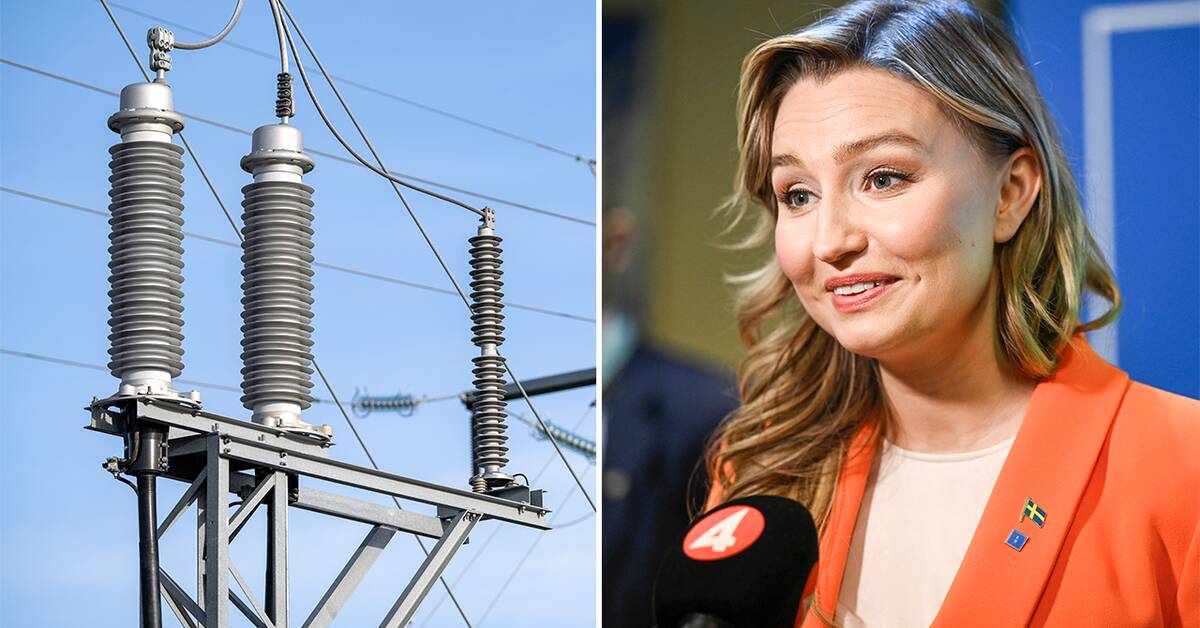The Council believes that the government, with less extensive electricity support, could instead have invested in budgetary measures to support those most affected by the high electricity prices, without risking fuelling inflation.
"We think the electricity subsidies are too extensive, especially for companies," said Lars Heikensten, chairman of the Swedish Fiscal Policy Council, at a press conference.
The electricity subsidies are paid with congestion fees that have accumulated at Svenska kraftnät and go in ways and outside the budget, but of course affect how much money households and companies have access to. This affects which proposals the government puts forward in the budget.
Critical of more electricity subsidies
The Council questions the proposal for recurring support and believes that it creates expectations among households:
"A third electricity subsidy may mean that next winter you will not save as you did this winter, for example," says Lisa Laun, vice chair.
It's all about the long-term effect, says Lars Heikensten.
– How do we encourage people to install heating air pumps in their summer cottages and install solar cells?
This is the first time that the Fiscal Policy Council has had the opportunity to review the new government's fiscal policy and economic proposals. The Council considers that the fiscal policy in the budget bill for 2023, which was presented last autumn, and the spring bill that came in April, lives up to the framework that exists for fiscal policy.
However, they are critical of how the government has chosen to handle the presentation of the electricity subsidies by, for example, classifying certain parts as confidential.
– It is important that the information about electricity support and receptions should be open to review, says Lisa Laun.
Furthermore, the Council believes that they have some understanding of the decisions taken in view of the economic crises that broke out in the autumn, which caused concern among households.
Text is updated

